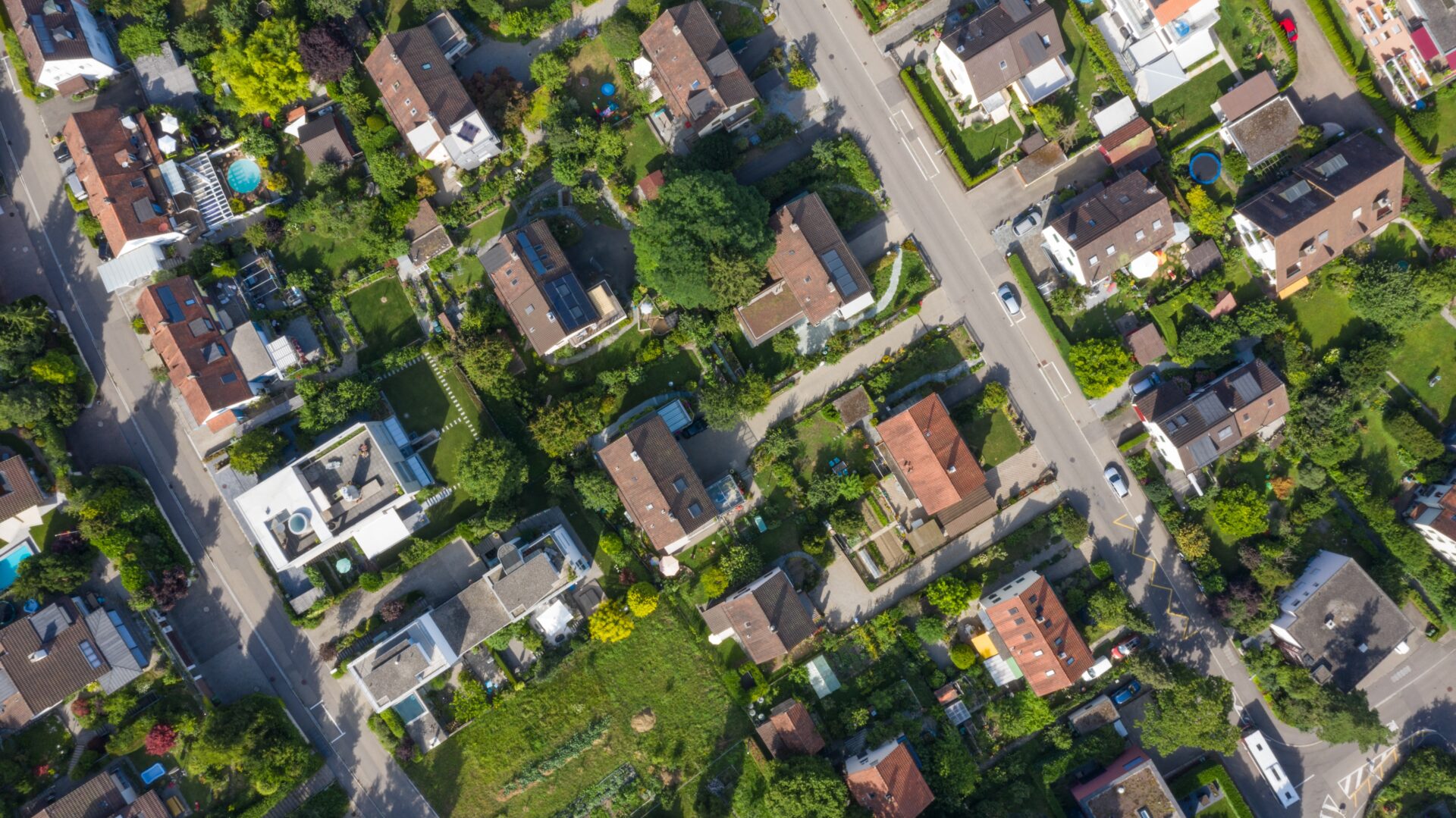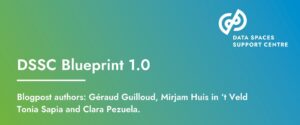This content was created by the Data Sharing Coalition, one of the founding partners of the CoE-DSC.
Our participant UNSense, an arch tech company founded by architectural firm UNStudio, is commissioned by the Brainport Smart District Foundation to build an adaptive residential area of 100 homes in the Dutch city of Helmond. This initiative, called 100 Homes Living Lab, will be a real-life learning environment in which residents of a neighbourhood can use and share data in a smart way with the aim to create a positive impact on their well-being, both socially and economically. In this project, UNSense is working towards an alternative model for data exchange in which residents of the neighbourhood remain in control over their data. During our upcoming Community Meeting on November 26, Hans Bouwknegt, Digital Strategist at UNSense will elaborate on this. We spoke with him in advance.
Most residents do not have control over their data
“Everyone talks about smart cities, but there are not many projects to learn from in real life,” says Hans. “The 100 Homes Living Lab gives us the possibility to really learn about how people experience living in a real smart residential area for a period of two years. These days, many residential areas are being created with an entire set of smart services, but the neighbourhood itself remains relatively undeveloped. This is because local residents have insufficient control over their data inside and around their homes and with whom they share that data. That means they cannot take advantage of the value their data represents. Before one can really speak of a smart residential area, this has to change. And that’s what this Living Lab is all about.”
Enabling a neighbourhood economy by sharing data
UNSense focuses on a crossover of services with regards to domains such as energy, health, mobility or food. Hans: “It goes without saying that the energy transition is an important theme. Governments would like to see that the central grid is used to a lesser extent, so that polluting coal-fired power stations become redundant. In other words: the more people can generate and distribute energy within their residential area, the more favorable that is.” One of the use cases of the 100 Homes Living Lab is focused on realising this. Hans: “It should not come as a surprise that all houses in the residential area that we are going to build will be equipped with solar panels. This gives each resident access to energy data. Where today you can only share that data with an energy supplier, you could also enter into a similar relationship with your neighbours and grant them permission to exchange data. This way you can make effective use of each other’s generated energy. Suppose you have been away from home all day long and have hardly used any energy your solar panels generated. Instead of wasting this energy, you could also have shared that surplus with your neighbours that were at home.”
According to Hans, this could also be done at neighbourhood level: “You can also organise it in such a way that not only one or two families, but all residents of a neighbourhood grant permission to exchange data with each other. By doing that, you can truly act as a collective and start using a neighbourhood battery, in which all residents store their surplus of energy. In the end, the neighbourhood is less, or not at all dependent on the central grid. Collective action is also financially more beneficial for residents, because together they could enforce a better price from energy suppliers.”
To ensure that the interests of residents come first, data governance must be handled properly.
Urban data platform: data exchange under control of residents
Apart from sharing energy data, one could think of many other use cases regarding health, mobility and food in which residents share their data. To make this possible, UNSense is working on the construction of an innovative personal data platform. Hans: “Although a completely open stack is our goal, we think that in the first instance we should look at conventional architectures. Of course, you could think of blockchain, but there are still some flaws, for example regarding scalability.”
“Most important is that people are willing to use this platform”, says Hans. “Where the big tech companies are dealing poorly with our privacy and our own commercial interest, they are very good at creating relevant services that also work very intuitively. Our services must be of the same level, while at the same time we need to ensure that residents remain in control over their own data.” To ensure that the interests of residents come in first, data governance must be handled properly, says Hans. “We believe that governance should not lie with one party, but with all stakeholders. For instance by means of a foundation or entity, in which they are all represented. This gives residents a voice in deciding what data they want to protect and what data they want to share and to whom.”
Exchanging knowledge about data sharing
UNSense wants to learn from and exchange knowledge with other parties involved in data sharing. Hans: “We see that there is already a lot of knowledge in the field of data sharing. It would be stupid not to take advantage of this and reinvent the wheel ourselves. It’s an important reason for us to participate in the Data Sharing Coalition that shares our vision to keep data sharing under control of the entitled party. The exchange of experiences between all participants in the Data Sharing Coalition helps us to make better decisions and build on standards of data sharing that are already used by other initiatives. By doing that, ultimately further implementation of smart neighbourhoods can be accelerated.”
On November 26, UNSense will give a presentation during the Community Meeting in which it will elaborate on their alternative model for data exchange that keeps residents in control over their data. Do you want to attend? Please send us an email: info@coe-dsc.nl




